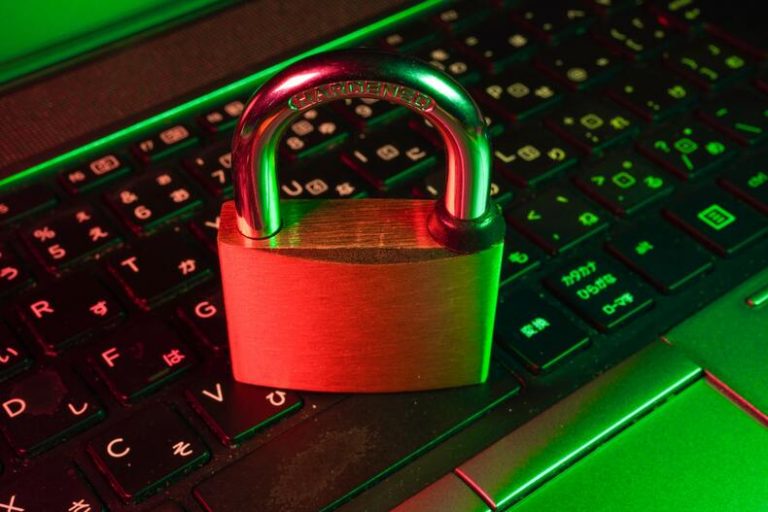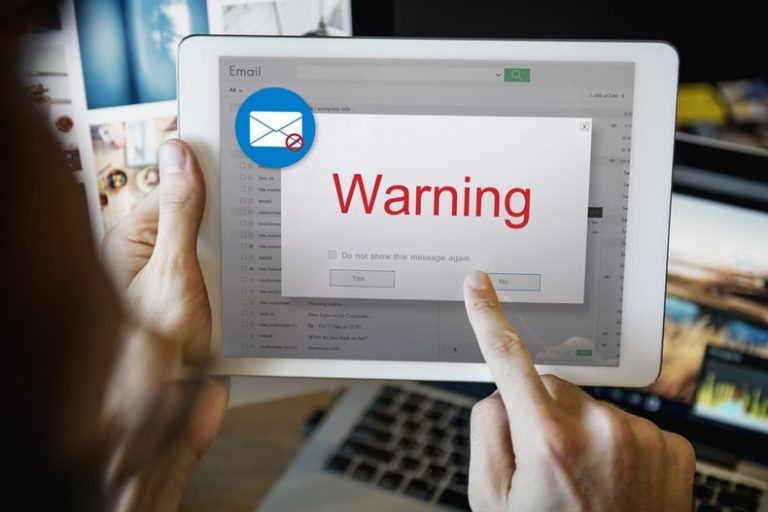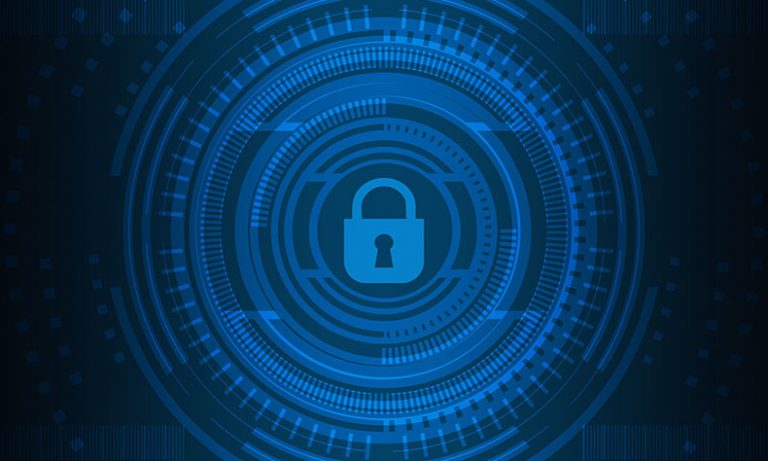Secure Your Company’s Data | A Brief Guide
Every corporation should strive to keep its data safe. For a long-term security strategy, it is essential to research to know the best security strategy for your business in the long run. Securing your entire business should not wait until your business has grown. It should instead start as soon as you start your business. Here are a few tips to guide you in keeping your company’s data secure.
Protect your website
Once information is uploaded on your website, it is prone to third parties trying to access it. Once your information gets into the wrong hands, it might be distorted, and your customers might be at risk of being conned. At the same time, you are at risk of losing customers and getting sued for malicious activities that hackers might use on your website.
A prevention tip to the risk of your website being hacked, it is essential to have a quality SSL certificate installed that helps encrypt all the information in and out of your website. SSL certification will also assist in getting you to be a trusted site since search engines like Google mark websites, not SSL certified as not secure and therefore might chase potential customers away as they might have a notion that your site might not be trustworthy.
Malware is the biggest threat
Malware has been on the rise as hackers find an easy way to hold your data and your entire computer. Malware comes in the form of software, sites, or apps that might give you a directive to open or download them. Once you do, you have allowed them into your computer, and hackers might have the opportunity to run your computer and have all the information they might need about your business. Malware destroys a lot of data and steals more.
It is crucial to install an antivirus and keep it updated to detect any suspicious activity or software that threatens to get into your computer. Getting anti-spam software for your laptop also guards you against spam emails that might be malware.
Secure your internet connection
Get a strong password that should belong with numerical values, letters, and special characters for your WIFI or any other wireless internet connection you use at home or the office. You can also turn off the broadcasting function for your internet to prevent it from being visible to other people even while it is on. It is vital to reduce public internet usage unless necessary and not send crucial information and data using them. Encryption on the internet is not a difficult thing for hackers to identify the encryption key.
Passwords
All passwords or pins used at any point in your business should be different and well secured. There is no need to worry about forgetting your passwords if you create long ones with a lot of other characters since there are online password managers that are mostly linked to your email account and will input your password the moment you log in to the email address in the gadget you might want to use. If you don’t feel comfortable clicking on the password manager, you might want to write down your passwords elsewhere so that you don’t forget.
Update your software often
To reduce the hustle for software updates, you might want to set up an automatic software update. A hacker makes sure they have familiarised themselves with the software used before looking for loopholes. Getting a regular update for your software will reduce the chances of a hacker accessing your gadgets as you will always be one step ahead.
Background checks on new employees
It is one of the most critical security measures to conduct a background check before letting or hiring a person into your business. These background checks will help protect and prevent any threats that might come from the inside of your business. Not everyone who writes a curriculum vitae (CV) is a good person, and not everyone that comes to seek employment is a genuine person with your business’s best intention at heart. Check your existing employees often if there is a change in character and therefore questionable. These two tactics will assist in identifying theft of data long before it happens.
Proper disposing of data
When data is no longer needed, or its purpose is done, properly disposing of it is essential to reduce the risk of a security breach. The disposing goes for gadgets that are no longer in use. The format or delete option for any crucial information from electronic devices that are no longer in use or resold prevents company data from falling into the wrong hands. Sometimes deleting does not get rid of the data entirely, and it needs an IT expert to overwrite the data to make sure that it is 100% inaccessible no matter the circumstances. A data destruction policy should be written down by the business to give a clear path of what should happen to gadgets that might have reached their optimum usage time in the company.







